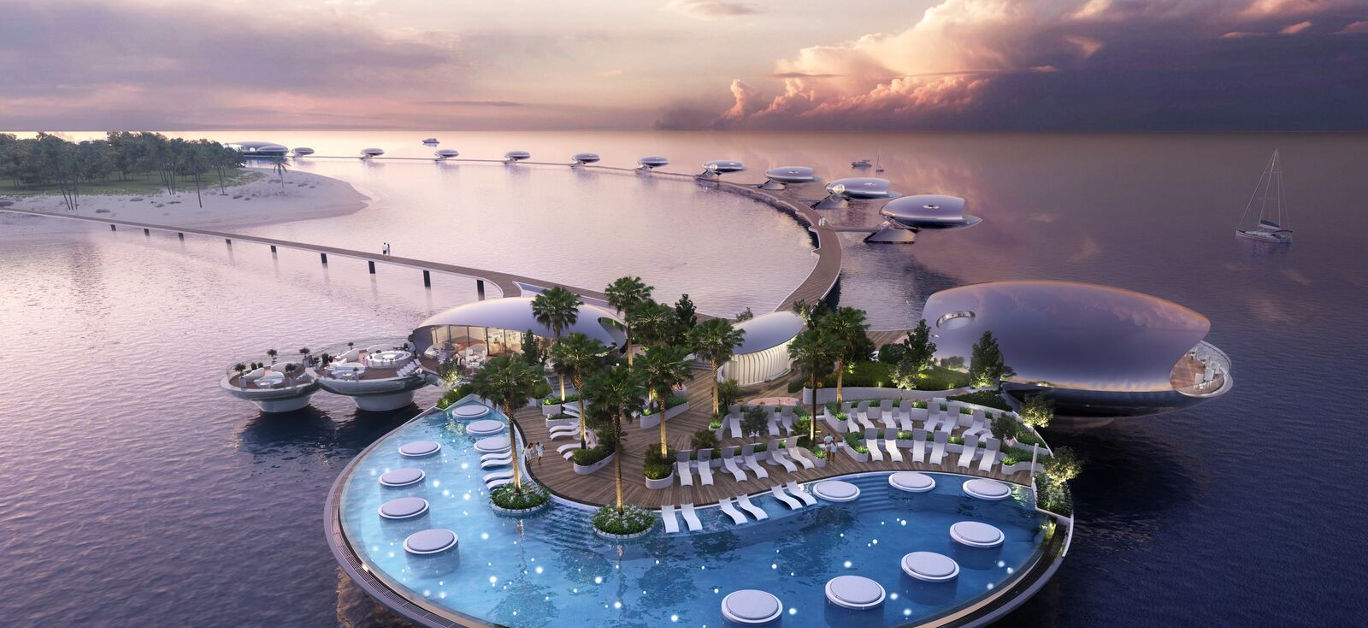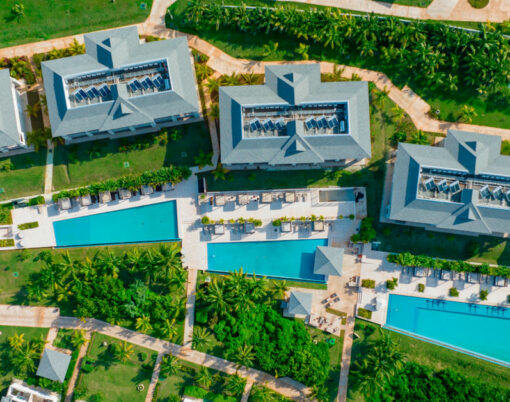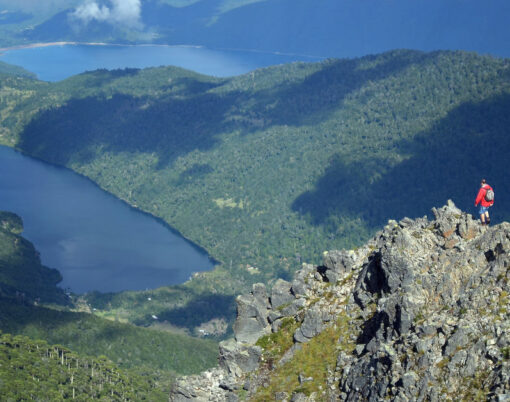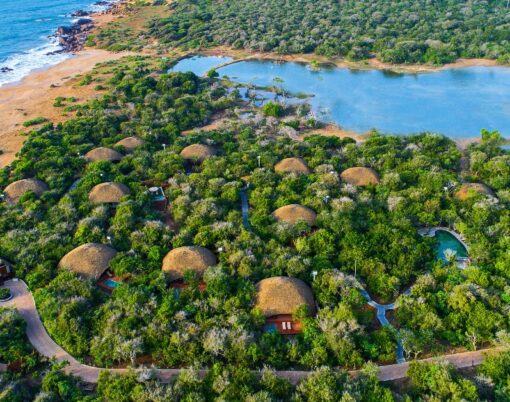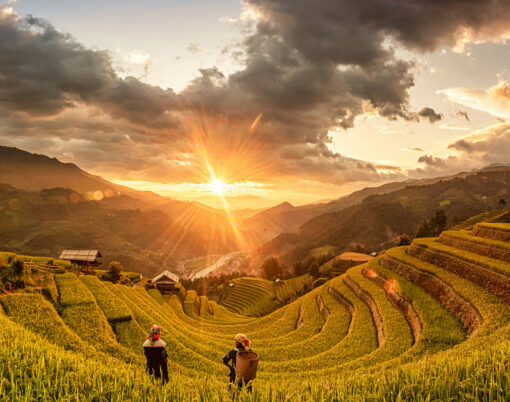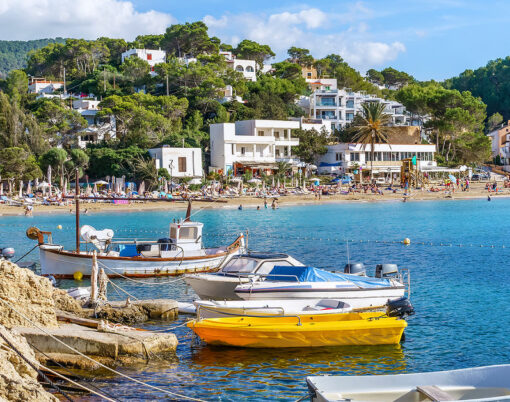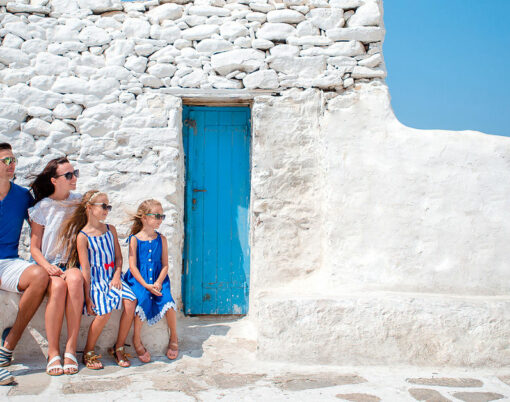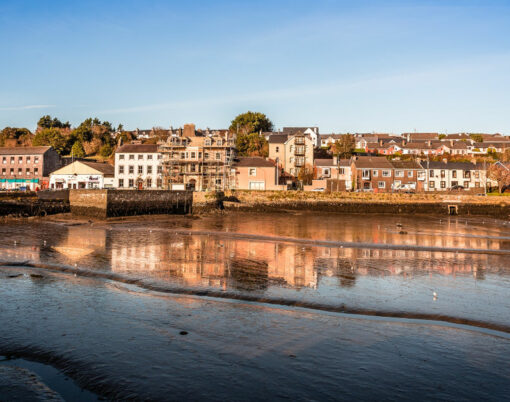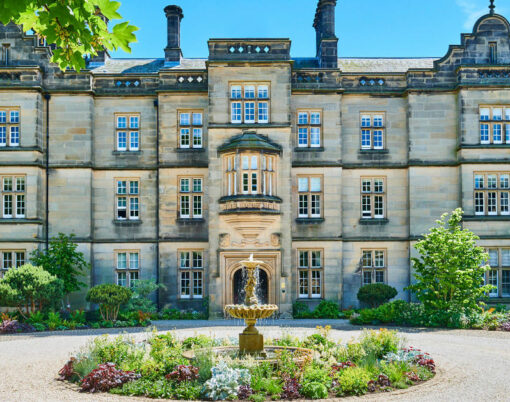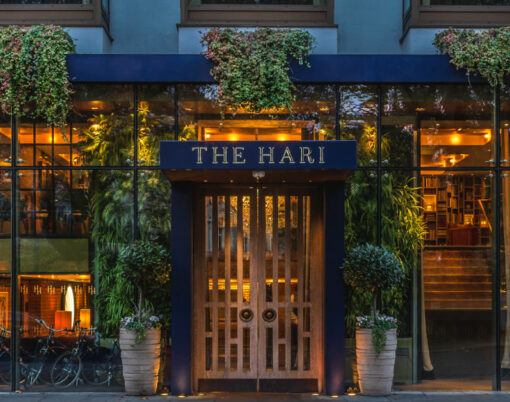Words by John Pagano, group CEO at Red Sea Global
The luxury travel business is booming. Travellers and providers alike are spending more on premium products and services than ever before.
Premium-class air travel has bounced back from Covid-19 faster than economy class, and hotel investors are building more than five luxury hotel rooms for every economy room, according to Skift, a travel market researcher. Revenue from premium travel for tour operator Intrepid Travel, to name one example, has grown by 146 per cent over the past five years, outpacing all other segments.
These trends look set to continue, with spending on luxury travel expected to more than double by 2032 to US $2.8 trillion, according to researcher Market.us.
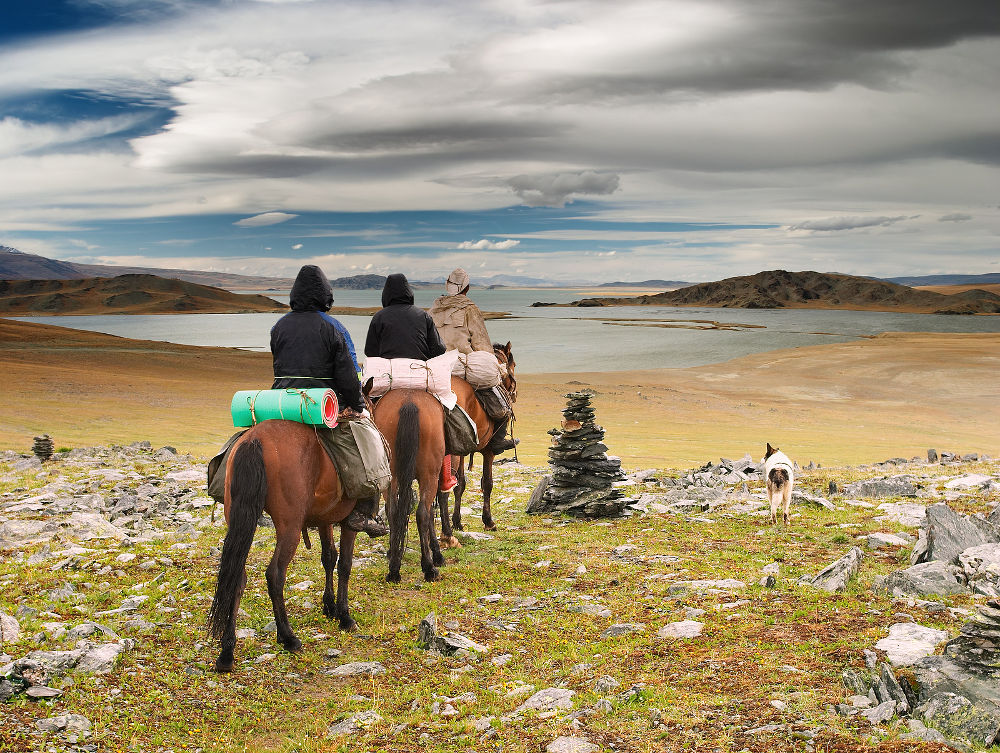
Travellers want to feel pampered, that’s for sure. But what they crave increasingly is authenticity. They want to experience the unique and genuine qualities of each destination and to engage with local people and their culture.
This isn’t always easy, and it’s getting harder as post-Covid “revenge travel” shifts into high gear. The tourists who thronged the piazzas and waterways of Venice this August were more likely to get earfuls of English than Italian. So, as popular destinations like Paris, Barcelona, and Dubrovnik draw bigger crowds, more and more travellers are seeking new frontiers, or hidden gems, to explore.
In the UK, for instance, the monthly number of Internet searches for the phrase “UK hidden gems” has ballooned by over 325 per cent since 2021. TripAdvisor’s top three trending destinations for this year ((EDITORS: 2023)) include Cuba, Hoi An in Vietnam and Mauritius – none of which ranked among the UN World Tourism Organization’s top 10 most-visited locations in 2019-2022. Mongolia is becoming especially popular for millennials, thanks partly to visitors’ posts on Instagram and TikTok.
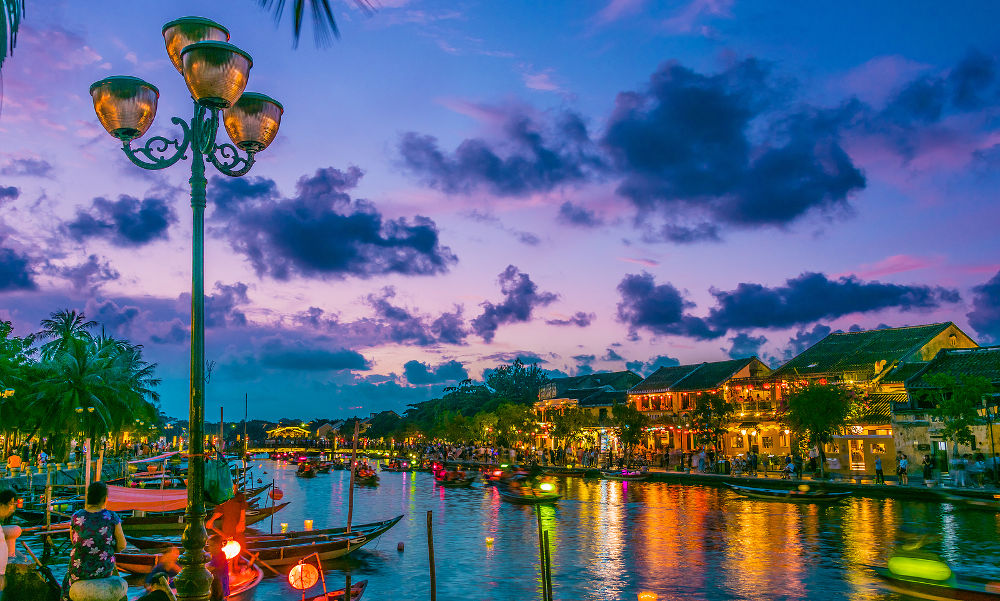
As tourism preferences continue to evolve, the quest for authenticity appears to be more than a passing fad. A survey this year by American Express found that 85 per cent of respondents want to visit a place where they can immerse themselves in the local culture. The same survey showed that 58 per cent value learning about different cultures when they go on vacation.
Saudi Arabia and the road less travelled
One-of-a-kind experiences are especially important to affluent travellers. YouGov, a researcher specialising in consumer preferences, found that wealthy travellers are more interested than others in atypical vacation experiences, such as staying at wellness retreats or buying a holiday home. Almost a quarter of the people YouGov surveyed would be willing to splurge on customised tours to connect with local cultures and environments.
For destinations and travel businesses, this yearning for authenticity represents an attractive opportunity, especially for those focused on luxury tourism. Saudi Arabia, with its natural beauty and uniquely hospitable culture, provides a window on how luxury travel is evolving to meet the demand for authenticity.
My company Red Sea Global is developing two of the world’s most luxurious regenerative tourism destinations – The Red Sea and AMAALA – on the Kingdom’s western coast. Our first resort at The Red Sea opened in October, and two more will follow soon.
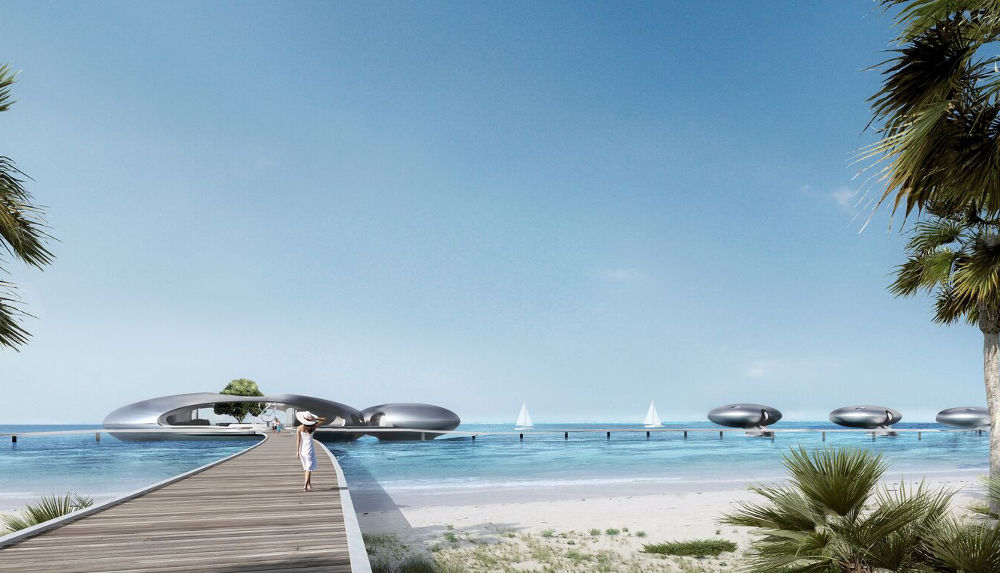
A principle of traditional Bedouin culture is to leave no trace on one’s environment, and this value informs all that we do at Red Sea Global, from going off-grid and using only renewable energy, to breeding and gardening corals, to planting as many as 50 million mangrove trees, the first seedlings of which went into the ground this last summer.
Our first resorts at ultra-luxurious AMAALA will open in 2025, and like those at The Red Sea, they will be powered 100 per cent by renewable energy. AMAALA will be the world’s first integrated family wellness destination, set to curate transformative personal journeys inspired by the arts, wellness, and the purity of the Red Sea.
For our guests to experience the authentic cultural heritage in our areas, we believe they must engage with local people. So, at The Red Sea, we will offer guided conservation experiences, organised by our on-land adventure brand Akun. Led by Saudis, these nature walks and hikes will enable guests to learn about local wildlife and visit important historical and archaeological sites.
Our guests will be able to stargaze in our dark skies as Saudi experts regale them with local myths that connect to the celestial marvels above. They will have opportunities to meet local artisans, craftspeople, farmers, and musicians.
Sustainability means protecting culture too
Nearly 80 per cent of travellers say they are willing to pay at least 10 per cent more for sustainable travel, even amid the current wave of global price inflation, according to Euromonitor International. To protect the natural habitats of our coral reefs, islands, canyons, and mountains, Red Sea Global will keep visitor numbers to one million per year at The Red Sea and 500,000 at AMAALA, a limitation that we designed into the masterplans.
But sustainable travel means more than preserving the environment. Travellers want their visit to have a positive impact on local people. An Expedia Group survey found that nearly three out of four consumers would choose a destination, lodging, or transportation option that is committed to helping the local community and culture, even if it cost more.
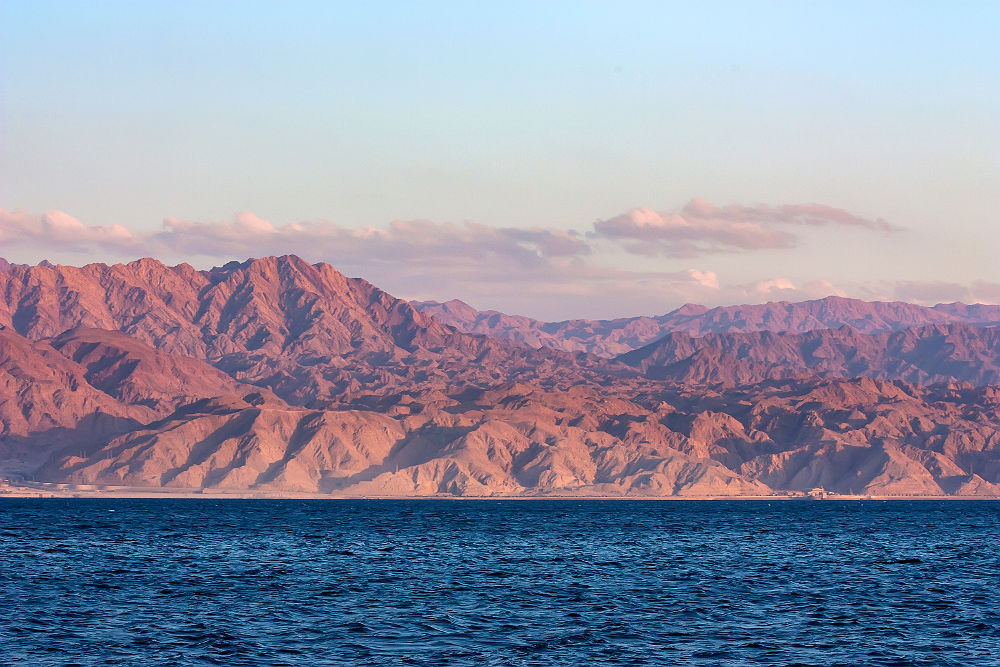
At Red Sea Global, we co-founded a farmers’ co-operative to help improve incomes for local farmers and ensure supplies of sustainable produce for our hotels. We arranged English lessons for 600 residents and are hiring many of them to work for us in various roles. We also trained and hired 40 local Saudis as boat captains and logistics coordinators and 40 farmers to work at our landscape nursery, the region’s largest.
To help preserve the rich cultural heritage in our areas, we commissioned a detailed archaeological survey that catalogued more than 2,400 sites, including tombs, stone drawings, religious relics, and other clues to local history that stretches back to the Stone Age.
Investments that support local businesses, teach new skills, and safeguard local culture will benefit our guests, enabling then to engage more meaningfully in the life of our destinations.
As a leading responsible developer, Red Sea Global is pioneering new standards for global tourism so that our industry can enhance and regenerate precious habitats and communities. Visitors to our destinations will find plenty of opportunities to immerse themselves in local culture – and to experience the genuine and unforgettable.












